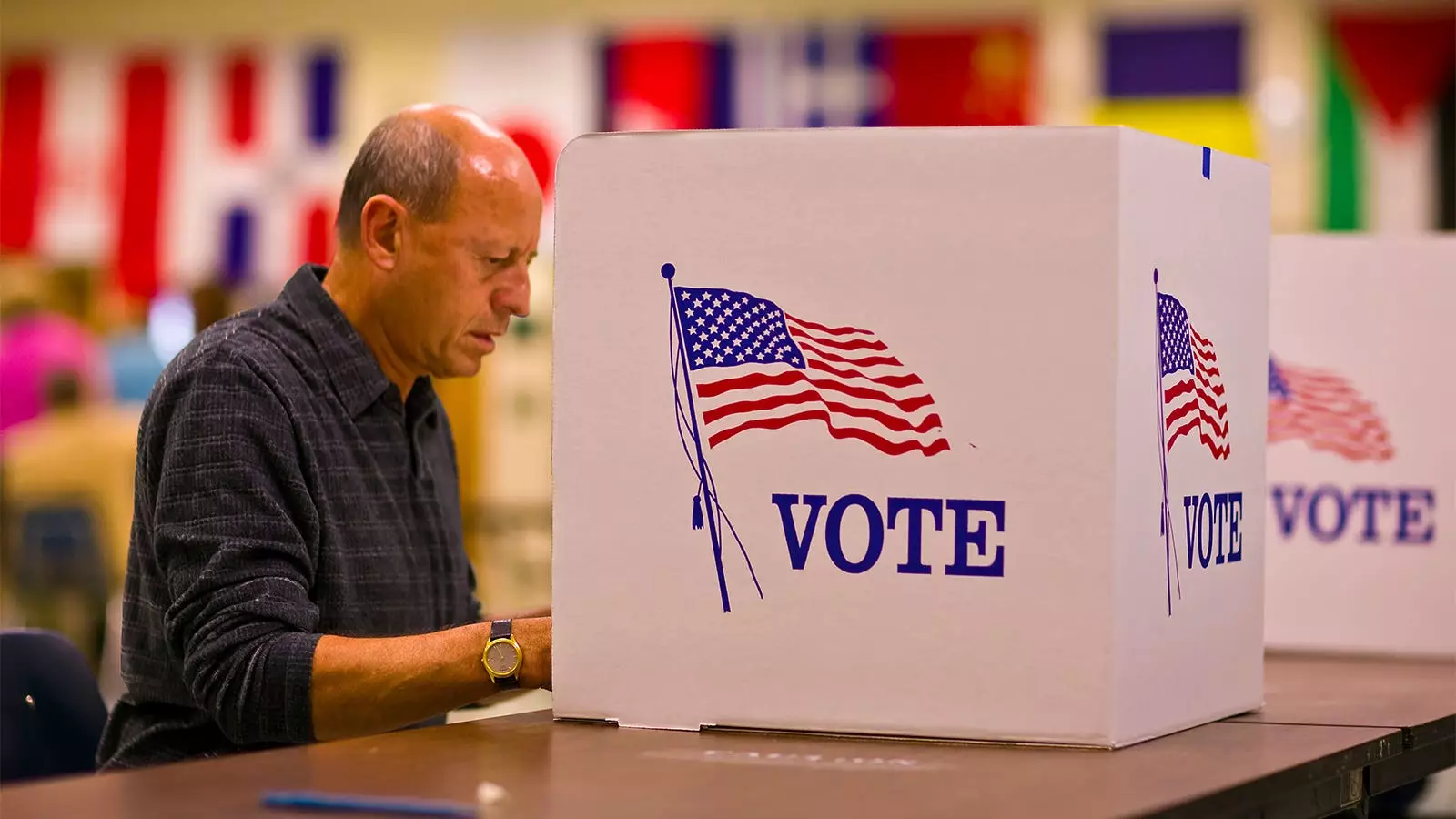In our fast-paced world, discussions around death often feel morbid or uncomfortable. However, as a society, we could benefit immensely from reflecting on the life lessons imparted by those at the end of their journeys. My career as a hospice social worker and death doula has granted me unique insights into the regrets and wisdom of the dying. Fueled by the stories I’ve gathered, especially during this politically charged election year, I find it imperative to translate these profound lessons into a framework that aids voters in making informed decisions.
Since obtaining my Master of Social Work in 1994 from the University of Southern California, my role has placed me at the intersection of life and death, exposing me to diverse human experiences. Traveling through various communities in Los Angeles County, I’ve witnessed firsthand how socioeconomic factors, race, and personal histories shape people’s lives. The individuals I cared for often shared their deepest regrets, a gift that can feel haunting yet enlightening.
Many regretted the negligence of nurturing personal relationships. Time spent in pursuit of wealth and status over meaningful connections became a recurring theme. Individuals lamented their prioritization of their careers at the expense of family, realizing too late that love and support from family are foundational to a fulfilling life. This communal wisdom compels me to question how political structures in our society encourage us to view our relationships through a lens of competition rather than collaboration.
One of the most poignant lessons I’ve absorbed over the years is the regret related to societal values that prioritize profit over people. A considerable number of individuals expressed guilt over fostering environments where employees were overworked and underpaid, all in the name of maximizing profit margins. Their accounts provided clear evidence of how our economic systems often celebrate materialism, extracting value from individuals while overlooking their well-being.
In this light, it’s crucial for voters to scrutinize candidates’ positions not merely on economic development but their approach to labor rights. Candidates’ proposed policies regarding employee wages, benefits, and workplace conditions can shape the lives of countless individuals. We must reflect on what type of economic policy aligns with our collective remorse over the present state of workers’ rights.
Moreover, many individuals voiced regret for not prioritizing their health until it was too late—a poignant reminder of how access to healthcare is both a personal and political matter. These narratives highlighted a broken system where postponing medical care has devastating repercussions. Through the lens of my clients’ regrets, it becomes evident that a significant number of Americans are forced to make painful trade-offs regarding their health due to inadequate insurance or mounting medical costs.
During this electoral cycle, it is vital to consider the candidates’ perspectives on healthcare reform. Will they advocate for policies prioritizing affordable access to medical care, or will they maintain a system that perpetuates suffering due to financial constraints? Understanding the implications of these policies is essential for creating a healthier society that values life in every stage.
Within the array of regrets shared by my clients, an overarching desire for a compassionate society resonates. Many wished they had pushed harder for a societal framework that embraces social welfare, particularly in areas such as education, housing, and food security. The collective desire for a safety net that supports those in need is a sentiment that informs my voting process.
My deathbed regrets voter guide transcends mere political opinion; it becomes a reflection of those who can no longer speak for themselves. The way we evaluate candidates should be driven by their commitment to addressing the needs of their constituents rather than personal ambition or party allegiance. This year, as we step into the polling booths, we are not merely casting votes for candidates but selecting values and ideals we wish to uphold as a society.
In an age where political division is rampant, it is essential to remember the core principles we stand for; principles that have been articulated clearly by those who have lived their lives. As we approach the elections, I urge voters to consider not just candidates’ promises but their capacity to enact change that truly reflects our collective human experience.
Let us heed the wisdom of those who have faced their mortality. May their reflections inspire us to demand a more humane and empathetic political landscape—one that prioritizes essential human needs. By doing so, we honor their memories and forge a path for a brighter future, free from the regrets they experienced.
This election isn’t just a contest of political ideals—it’s an opportunity for genuine change. Embrace the lessons of the dying as we shape a society that champions compassion and understanding. Only then can we truly transform our regrets into action for a better tomorrow.


Leave a Reply